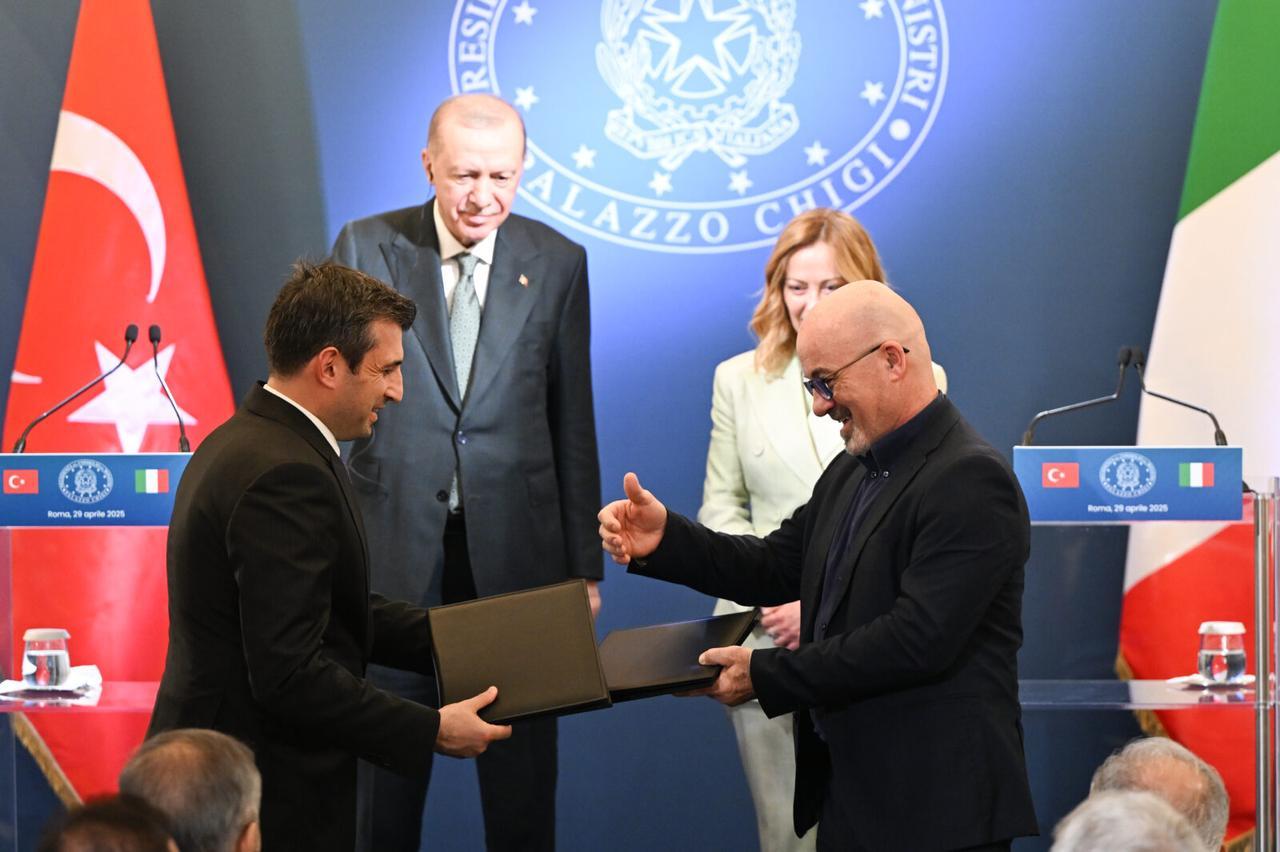
The European Union's new financing instrument, SAFE (European Security Action), paves the way for replicating the Baykar-Leonardo partnership model, keeping Türkiye's potential contributions to European security on the agenda as the bloc increasingly focuses on strengthening its defense industry.
The SAFE mechanism, which entered into force on May 29 as part of the EU's 2030 defense targets, allows EU countries and European Economic Area members Norway, Liechtenstein, and Iceland to access up to 150 billion euros in credit for joint procurement.
EU candidate countries and nations with EU agreements, including Türkiye and the United Kingdom, can also participate in joint procurement. However, 65% of the total value of defense product components must come from "within Europe" (EU countries, Ukraine, Norway, Liechtenstein, and Iceland).
The remaining 35% can come from the category that includes Türkiye and the U.K.
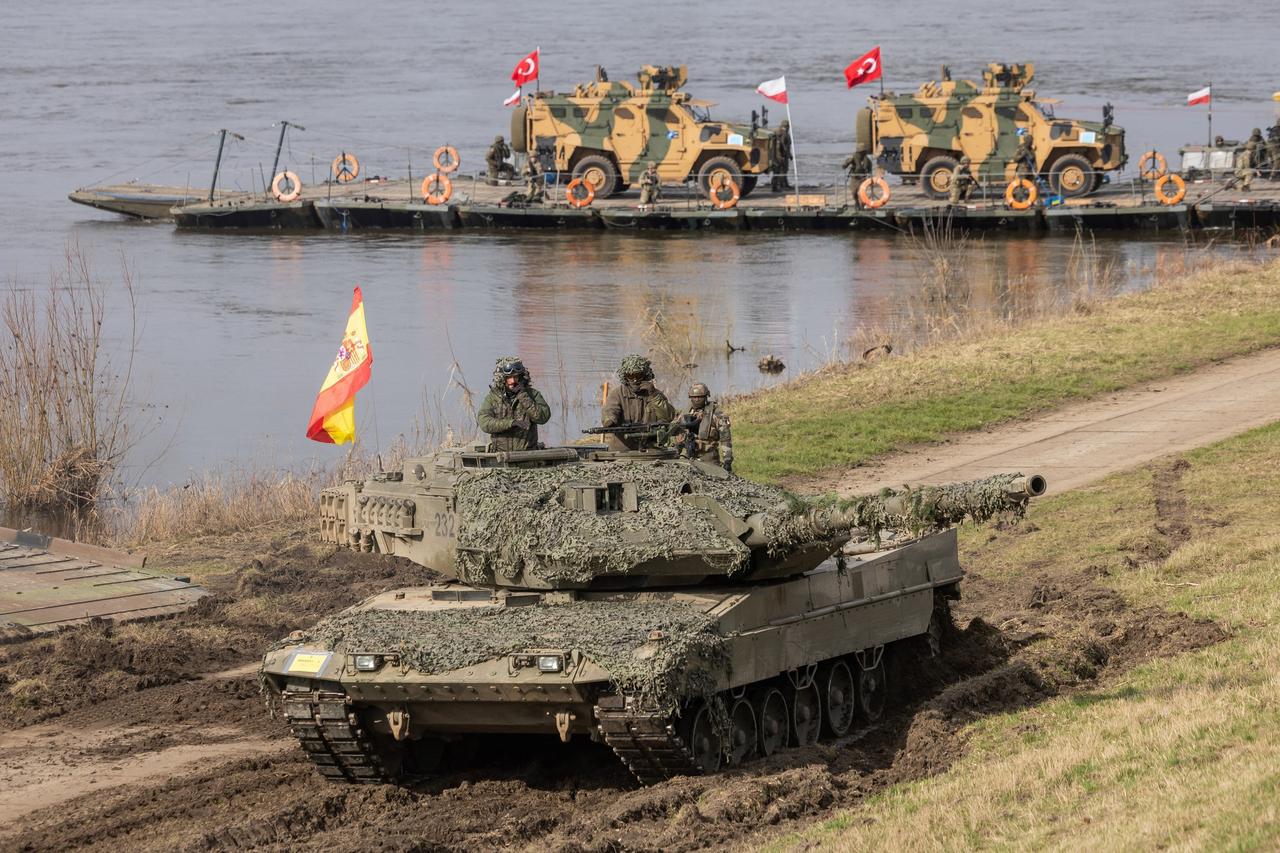
Greece's lobbying efforts to exclude Türkiye between March 19, when the European Commission proposed SAFE, and May 27, when the proposal was approved by a qualified majority in the EU Council, resonated in Brussels corridors.
Greece's blocking attempts brought more attention to the contributions that Türkiye, a strong NATO member, could make to Europe's defense through its recent advances in the defense industry.
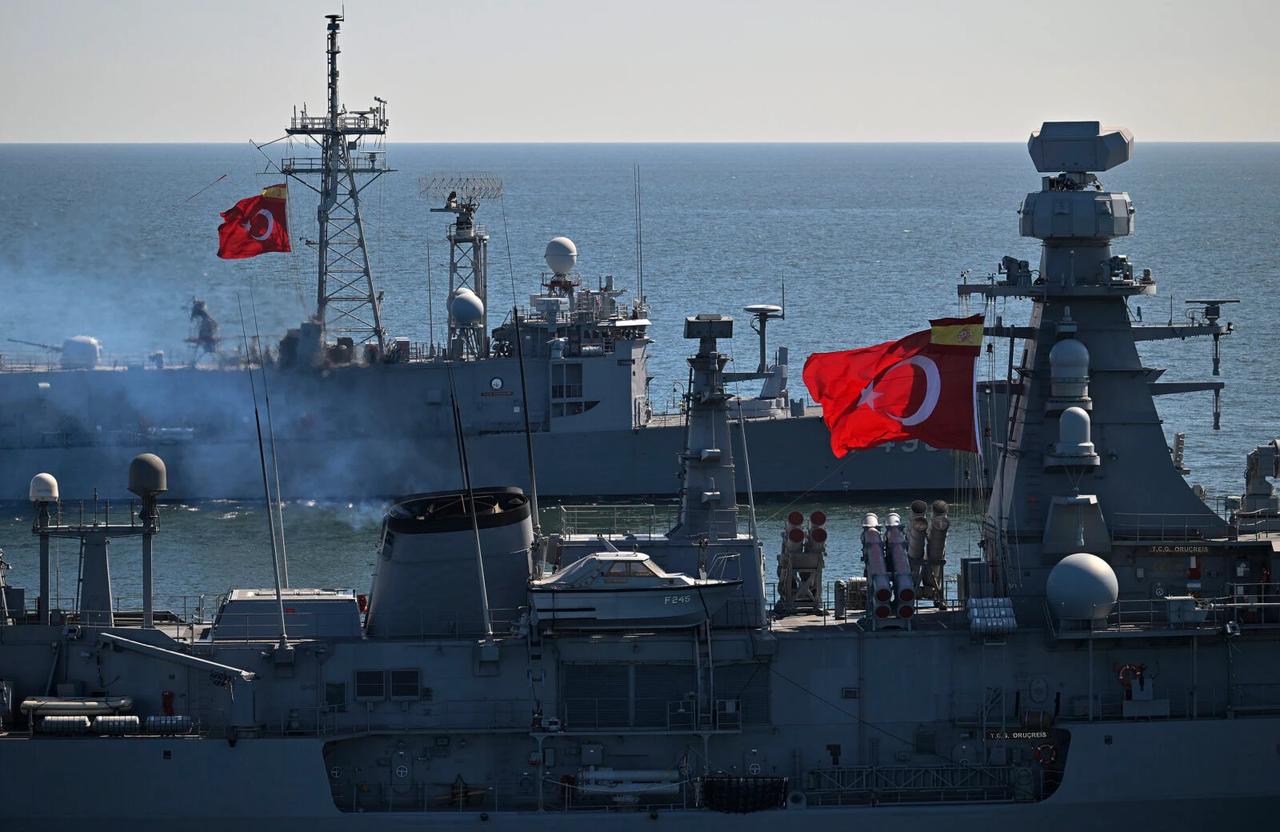
The Turkish "Baykar" and Italian "Leonardo" partnership, one of the best examples of such cooperation, will be showcased at the Paris Air Show, one of the world's oldest and largest aviation exhibitions opening next week.
National technology products developed by Baykar, including Akinci UCAV, Bayraktar TB3 UAV, and Kemankes 1 Mini Smart Cruise Missile, will be introduced at the exhibition.
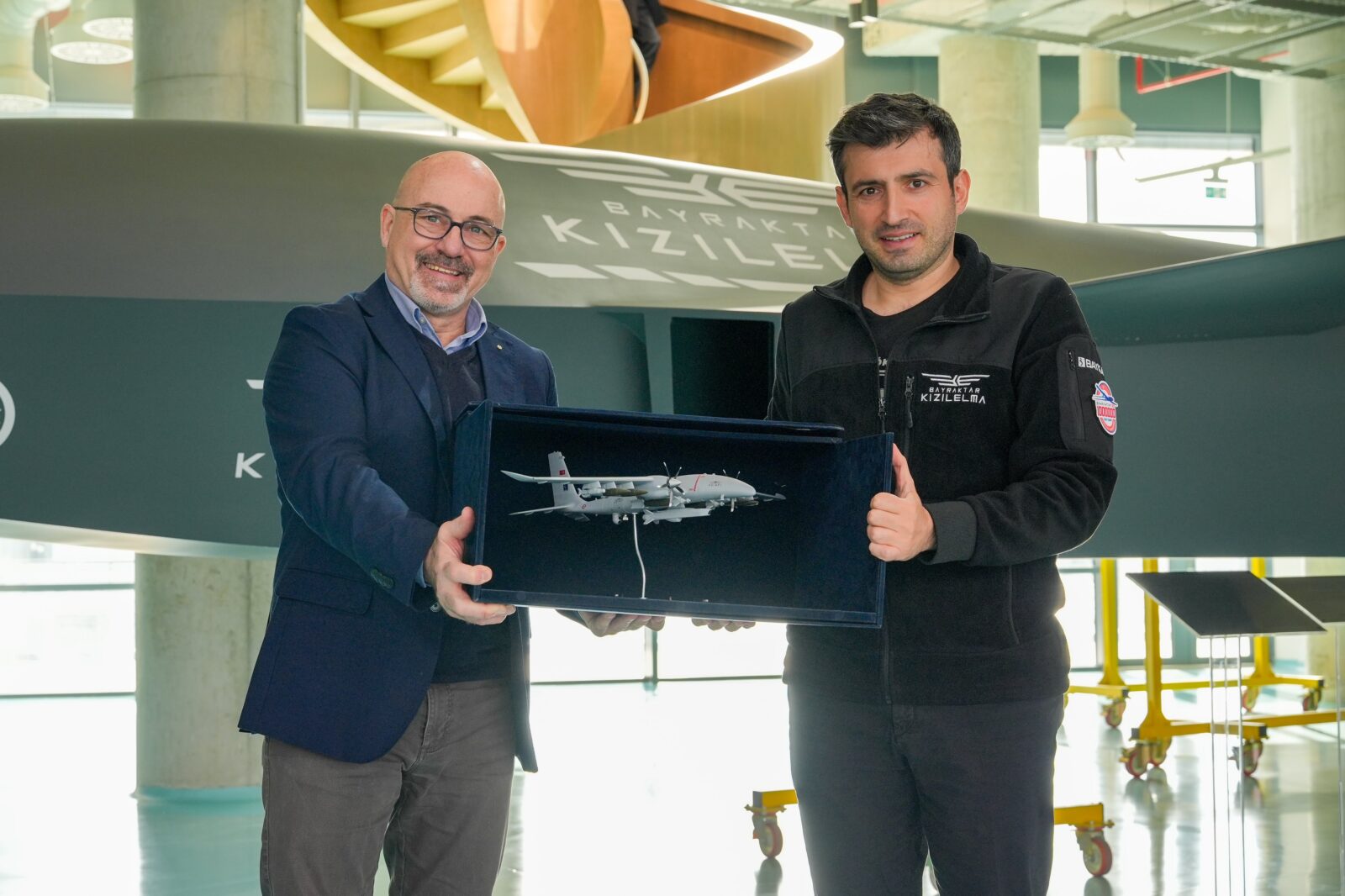
Deputy Foreign Minister Ambassador Zeki Levent Gumrukcu and his delegation's meeting on 11 June in Brussels with Charles Fries, Deputy Secretary General for Peace, Security, and Defense at the EU External Action Service (EEAS), once again drew attention to Türkiye's role in Europe's defense planning.
"I was pleased to host Deputy Minister Gumrukcu for the 7th informal EU-Türkiye Common Security and Defense Policy (CSDP) consultations," Fries said on social media after the meeting.
The EU diplomat reported comprehensive and useful discussions on Ukraine, regional security issues, the EU's latest security and defense initiatives, and EU-NATO and EU-Türkiye cooperation.
Alessandro Marrone, Head of the Defense, Security, and Space Program at Italy's International Affairs Institute (Istituto Affari Internazionali), evaluated SAFE and Türkiye's participation for Anadolu Agency.
Marrone emphasized that the Baykar-Leonardo partnership is a very good example: "The first reason it's really a good example is that it involves strong complementarity. To be honest, unmanned aerial vehicles (UAVs) are not the expertise of Italian companies. Turkish companies have made great progress, gaining a lot of operational experience in Ukraine to further develop the product."
He noted that Turkish companies can offer more cost-effective solutions for mass production, while European companies face difficulties in scaling up production, whereas the Turkish defense industry already has a plan for serial manufacturing.
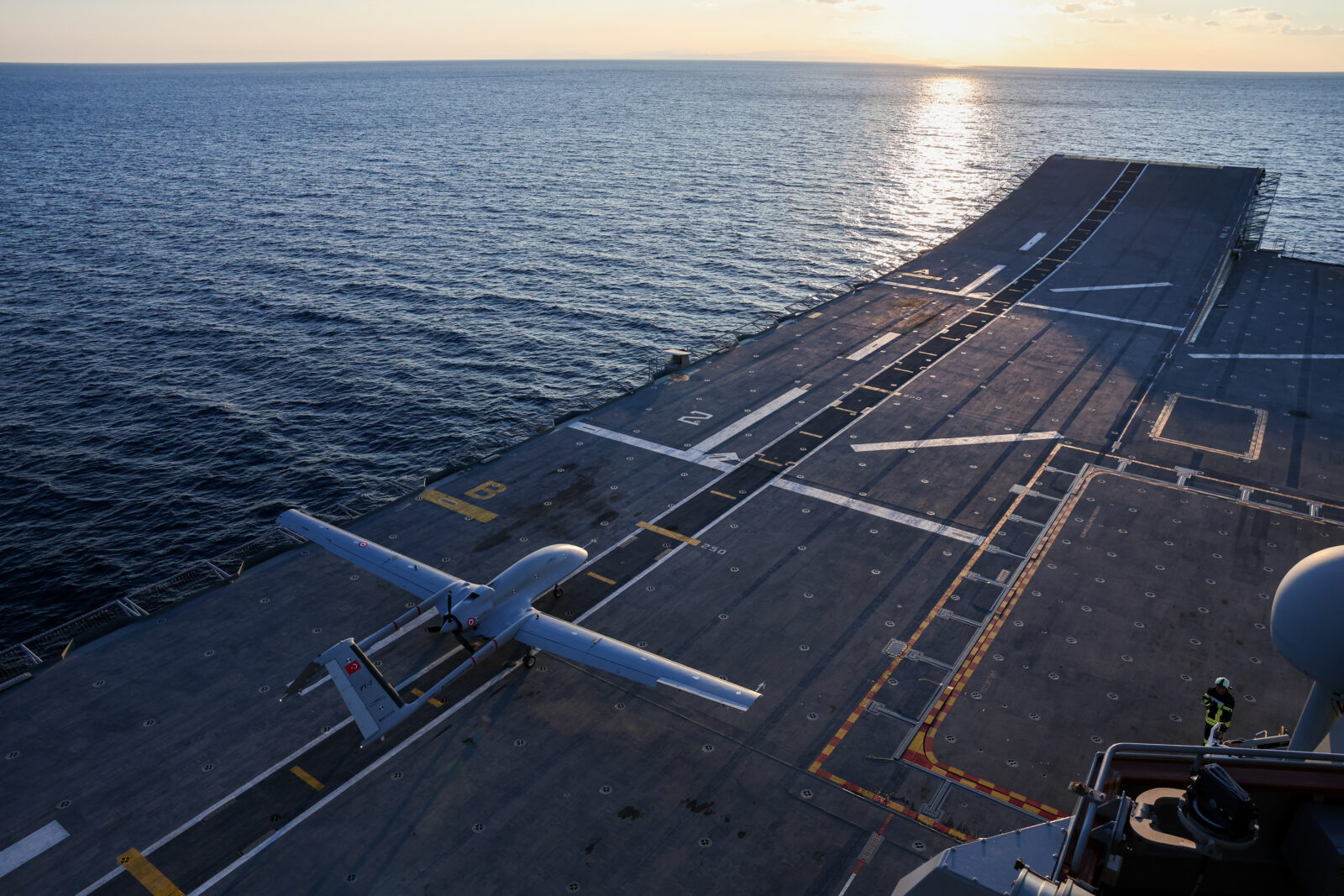
Marrone highlighted that SAFE will pave the way for replicating the Baykar-Leonardo example if EU member states activate this tool: "However, implementing this mechanism will take some time because detailed regulations are needed for this financial operation. It will take a few months."
He also mentioned that 16 countries have declared their intention to benefit from the "waiver from budget rules" included in the EU Commission's 2030 targets, including Germany, Poland, Belgium, Bulgaria, the Czech Republic, Denmark, Estonia, Greece, Croatia, Latvia, Lithuania, Hungary, Portugal, Slovenia, Slovakia, and Finland.
Adam Michalski, an expert at the Centre for Eastern Studies' Türkiye, Caucasus and Central Asia Department in Warsaw, assessed that "Türkiye's role in the European security architecture is growing, considering its strategic position amid ongoing conflicts and its contributions to regional stability."
Michalski noted that SAFE does not exclude third countries like Türkiye that have significantly increased cooperation with European arms manufacturers: "A notable example is the cooperation between Italy's Leonardo and Türkiye's Baykar to develop UAVs. If these UAVs meet the EU's 65% local production threshold, they could become eligible for procurement under SAFE and incentivize member states to acquire them."
"Given Türkiye's growing national arms industry, SAFE offers opportunities to further integrate Turkish defense expertise with other EU member states' defense industry projects.
This particularly includes sectors like ammunition and missiles, where the EU falls short and Türkiye has extensive experience through companies like Roketsan, ARCA Defense, and Aselsan," Michalski concluded.